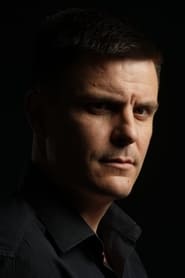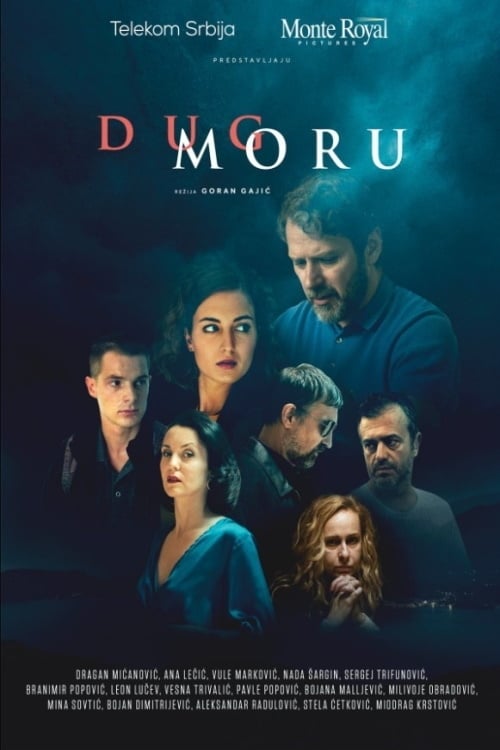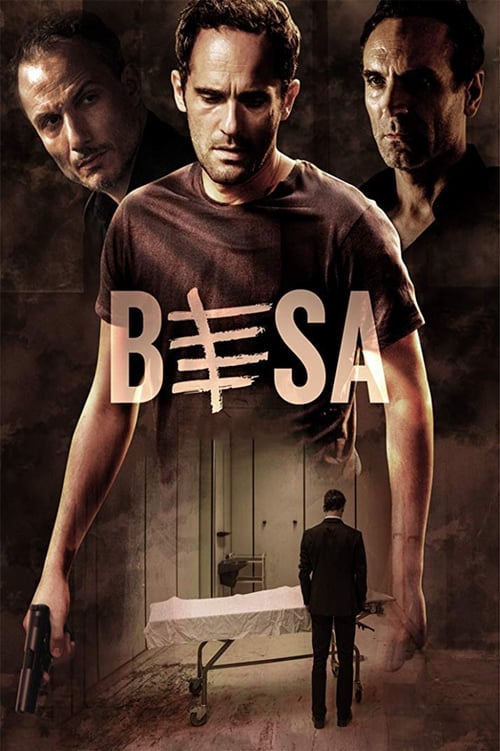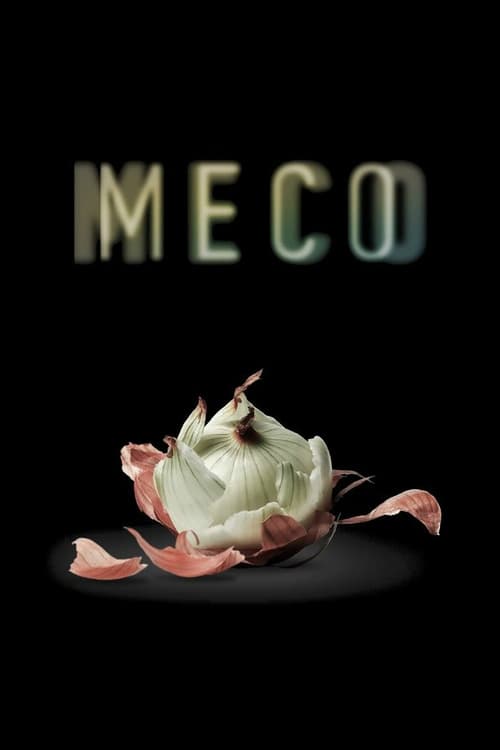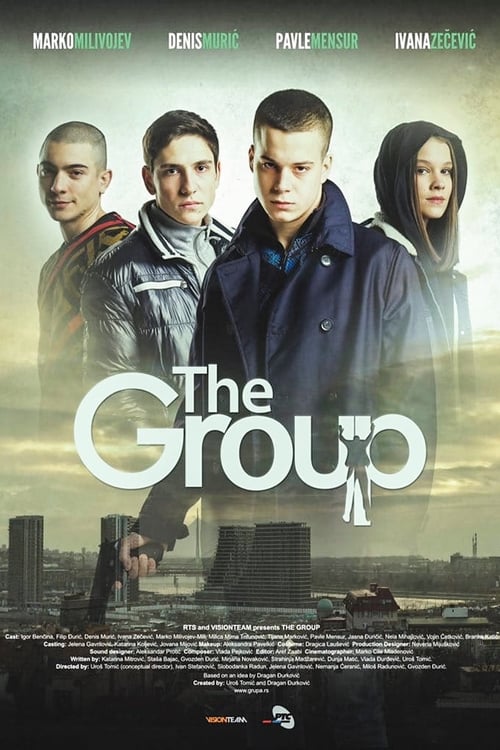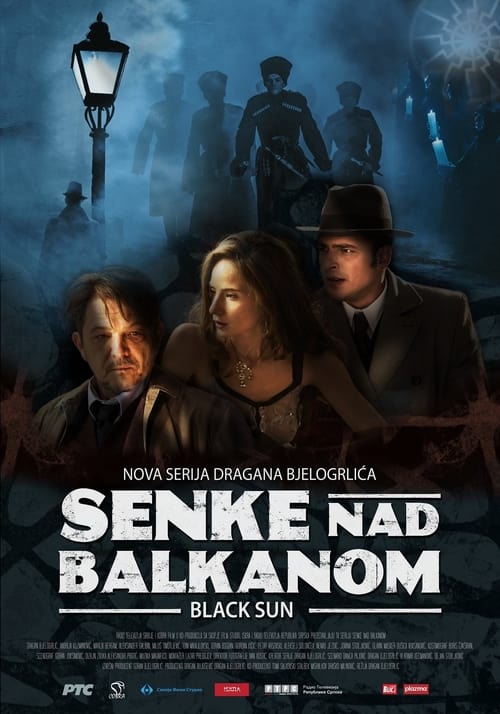
Ask Your Own Question
What is the plot?
In the opening scenes of "My Father's Murderers," we are introduced to the protagonist, a young man named Michael, who is grappling with the aftermath of his father's brutal murder. The narrative begins with Michael attending his father's funeral, where he is surrounded by family and friends, all expressing their condolences. Michael's grief is palpable, and he feels a deep sense of loss and confusion about the circumstances surrounding his father's death.
As the story unfolds, Michael becomes increasingly obsessed with uncovering the truth behind his father's murder. He begins to investigate the case, poring over police reports and speaking to detectives. During this process, he learns that his father was involved in some shady dealings, which complicates Michael's understanding of his father's life and the potential motives for his murder. This revelation stirs a mix of anger and betrayal within him, as he struggles to reconcile the image of his father as a loving parent with the possibility of a darker side.
Michael's investigation leads him to a series of interviews with key witnesses and associates of his father. One significant encounter occurs when he meets with a former business partner who reveals that his father had been threatened by a rival. This information heightens Michael's determination to find out who was responsible for the threats and, ultimately, the murder. The tension builds as Michael realizes that he is delving into dangerous territory, but his need for closure drives him forward.
As Michael digs deeper, he faces pushback from law enforcement, who are frustrated with his interference in the investigation. A pivotal moment occurs when he confronts a detective, demanding answers about the case. The detective, feeling the pressure from Michael's relentless pursuit, reluctantly shares that there are leads pointing to a gang involved in organized crime. This revelation sends Michael on a new path, as he begins to explore the connections between his father's murder and the criminal underworld.
In a gripping sequence, Michael decides to confront one of the gang members he suspects may have information about his father's murder. He arranges a meeting in a dimly lit bar, where the atmosphere is thick with tension. As they talk, the gang member becomes increasingly agitated, and the conversation escalates into a confrontation. Michael, fueled by anger and desperation, demands to know what happened to his father. The gang member, feeling cornered, threatens Michael, warning him to back off. This encounter leaves Michael shaken but more determined than ever to seek justice.
The plot thickens when Michael receives an anonymous tip that leads him to a hidden location where he believes he can find crucial evidence related to his father's murder. He arrives at an abandoned warehouse, where he discovers a stash of documents and photographs that suggest a larger conspiracy at play. As he sifts through the materials, he uncovers connections between his father's murder and a series of other violent crimes. This discovery is both shocking and motivating, as it reveals the extent of the danger he is facing.
In a climactic turn of events, Michael decides to go public with his findings, believing that exposing the truth will protect him and honor his father's memory. He organizes a press conference, where he shares the evidence he has gathered and calls for justice. The media frenzy that follows puts pressure on law enforcement to take action, but it also puts Michael in the crosshairs of those who want to silence him.
As the story reaches its peak, Michael finds himself being pursued by the very criminals he has exposed. In a tense chase sequence, he narrowly escapes an ambush, showcasing his resourcefulness and determination to survive. The stakes are higher than ever, and Michael realizes that he must confront the gang directly to find closure for his father's murder.
In the final confrontation, Michael faces off against the gang leader in a dramatic showdown. The scene is charged with emotion as Michael confronts the man he holds responsible for his father's death. The fight is intense, filled with physical struggle and emotional turmoil, as Michael grapples with his desire for revenge versus the need for justice. Ultimately, he manages to overpower the gang leader, but not without sustaining injuries himself.
The series concludes with Michael reflecting on his journey. He has uncovered the truth about his father's murder and brought some of those responsible to justice, but the emotional scars remain. The final scenes depict him visiting his father's grave, where he expresses his love and sorrow, signifying a bittersweet resolution to his quest for answers.
What is the ending?
In the ending of "My Father's Murderers," the protagonist, who has been on a quest for justice and closure regarding his father's murder, confronts the individuals responsible for the crime. The emotional weight of the journey culminates in a tense confrontation that reveals deep-seated pain and unresolved issues. Ultimately, the protagonist finds a sense of resolution, though it is bittersweet, as he grapples with the impact of his father's death on his life and the lives of those around him.
As the final scenes unfold, the protagonist stands at a crossroads, reflecting on the choices made and the lives affected by the tragedy. The series concludes with a sense of closure for the protagonist, but it leaves lingering questions about justice and forgiveness.
The final moments of "My Father's Murderers" unfold with a palpable tension that has been building throughout the season. The protagonist, whose journey has been marked by grief and a relentless pursuit of truth, prepares for a confrontation with the individuals who took his father's life.
Scene 1: The protagonist, visibly shaken yet resolute, enters a dimly lit warehouse where he has arranged to meet the murderers. The air is thick with anticipation, and the shadows cast by flickering lights create an ominous atmosphere. He recalls the memories of his father, the laughter they shared, and the void left by his absence. This internal reflection fuels his determination to seek justice.
Scene 2: As he steps further into the warehouse, he is met by the murderers, who are initially dismissive and arrogant. Their bravado contrasts sharply with the protagonist's quiet intensity. The dialogue is charged, with accusations flying back and forth. The protagonist's voice trembles with emotion as he confronts them about the pain they have caused, not just to him but to his entire family.
Scene 3: The confrontation escalates, revealing the complexities of each character's motivations. The murderers, while attempting to justify their actions, inadvertently expose their own vulnerabilities. The protagonist, driven by a mix of anger and sorrow, demands answers. He seeks not only retribution but also a deeper understanding of why his father was targeted.
Scene 4: In a pivotal moment, the protagonist's emotional turmoil reaches a peak. He grapples with the desire for vengeance versus the need for closure. The warehouse, once a place of confrontation, transforms into a space of reckoning. The protagonist's internal struggle is mirrored in the faces of the murderers, who begin to realize the weight of their actions.
Scene 5: The climax of the confrontation arrives when the protagonist makes a choice. Instead of succumbing to violence, he opts for a path of dialogue, seeking to break the cycle of hatred. This decision is met with surprise from the murderers, who are unprepared for this shift. The protagonist's vulnerability shines through as he expresses his pain and the impact of their actions on his life.
Scene 6: As the dust settles, the protagonist walks away from the warehouse, leaving the murderers to confront their own guilt. The emotional release is palpable; he has not only confronted his father's killers but has also taken a significant step towards healing. The weight of his father's death still lingers, but there is a newfound sense of agency in his actions.
Scene 7: The series concludes with the protagonist standing alone, looking out over a cityscape at dusk. The sun sets, casting a warm glow that symbolizes hope amidst the darkness. He reflects on the journey he has undertaken, the relationships strained and strengthened along the way, and the lessons learned about forgiveness and the complexity of human nature.
In the end, the protagonist finds a bittersweet resolution. He has faced the demons of his past and emerged with a deeper understanding of himself and the world around him. The fate of the murderers remains uncertain, but their encounter with the protagonist has irrevocably changed them. The series closes on a note of introspection, leaving viewers to ponder the themes of justice, loss, and the possibility of redemption.
Is there a post-credit scene?
In "My Father's Murderers," Season 1, there is no post-credit scene. The series concludes its episodes without additional content after the credits, focusing instead on the intense narrative and emotional journey throughout the main storyline. Each episode wraps up with a poignant moment that emphasizes the themes of loss, justice, and the quest for truth, leaving viewers with a sense of closure on the events that transpired in that episode. The absence of a post-credit scene allows the weight of the story to linger, encouraging reflection on the characters' struggles and the overarching quest for answers regarding the protagonist's father's murder.
What motivates the main character to investigate their father's murder?
The main character is driven by a deep sense of loss and a desire for justice. The emotional turmoil of losing a parent in such a violent manner fuels their determination to uncover the truth behind the murder. They grapple with feelings of anger, betrayal, and a need for closure, which propels them into a world of danger and deception.
How does the protagonist's relationship with their family evolve throughout the investigation?
As the protagonist delves deeper into the investigation, their relationship with family members becomes strained. They face conflict with relatives who either want to move on or are fearful of reopening old wounds. This tension highlights the differing coping mechanisms within the family, leading to emotional confrontations that reveal hidden resentments and unresolved issues.
What role do the detectives play in the investigation of the father's murder?
The detectives serve as both allies and obstacles in the protagonist's quest for truth. Initially, they appear supportive, providing leads and information. However, as the investigation unfolds, their methods and motivations come into question, leading to a complex dynamic where the protagonist must decide whether to trust them or pursue the investigation independently.
What key evidence does the protagonist uncover that changes the direction of the investigation?
The protagonist uncovers a crucial piece of evidence--a hidden document or a witness statement--that reveals a connection between their father's murder and a larger criminal network. This discovery not only shifts the focus of the investigation but also puts the protagonist in greater danger, as it implicates powerful individuals who will stop at nothing to protect their interests.
How does the protagonist cope with the emotional toll of the investigation?
Throughout the investigation, the protagonist struggles with overwhelming grief and anxiety. They often reflect on memories of their father, which serve as both a source of strength and a reminder of their loss. Coping mechanisms include seeking support from friends, engaging in self-destructive behavior, and moments of introspection that reveal their vulnerability and determination to find justice.
Is this family friendly?
"My Father's Murderers" is a true crime documentary series that delves into the emotional and psychological impact of a murder on a family. Given its subject matter, it may not be considered family-friendly.
Potentially objectionable or upsetting aspects include:
-
Graphic Descriptions of Violence: The series discusses the murder of the protagonist's father in detail, which may be distressing for younger viewers or sensitive individuals.
-
Emotional Trauma: The show explores deep emotional pain, grief, and the psychological effects of loss, which could be heavy and unsettling for some.
-
Crime Scene Imagery: There may be visual representations or discussions of crime scenes that could be disturbing.
-
Themes of Revenge and Justice: The exploration of revenge and the quest for justice can introduce complex moral dilemmas that may be difficult for children to understand.
-
Family Conflict: The series portrays familial strife and conflict stemming from the murder, which could be upsetting to viewers who are sensitive to family dynamics.
Overall, the series is intended for a mature audience and may not be suitable for children or those who are easily disturbed by themes of violence and loss.


